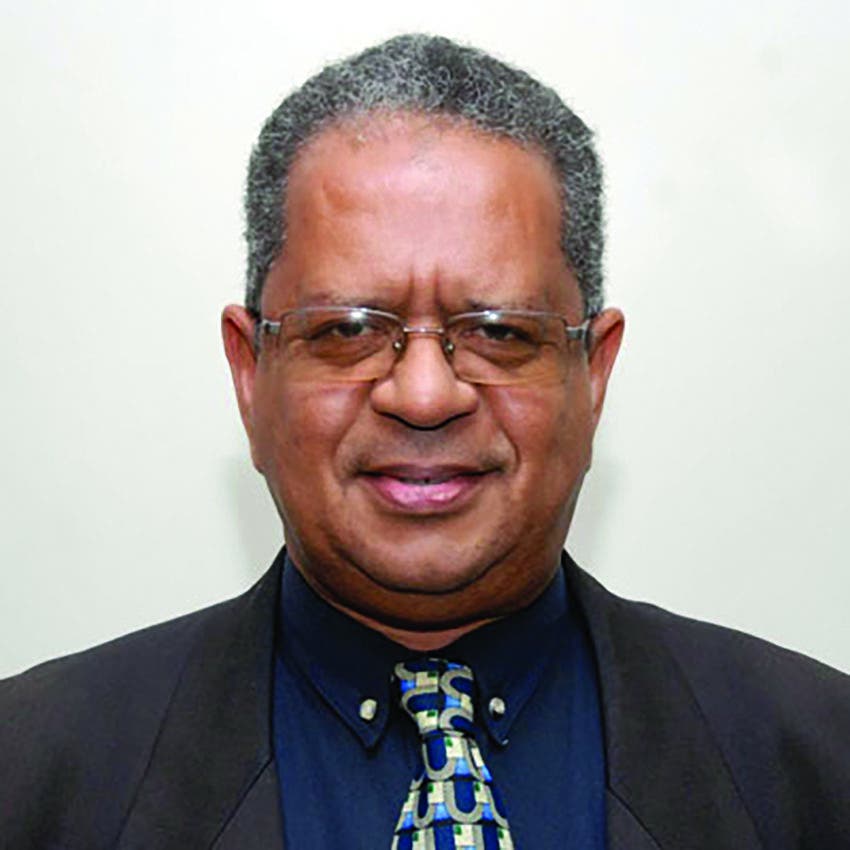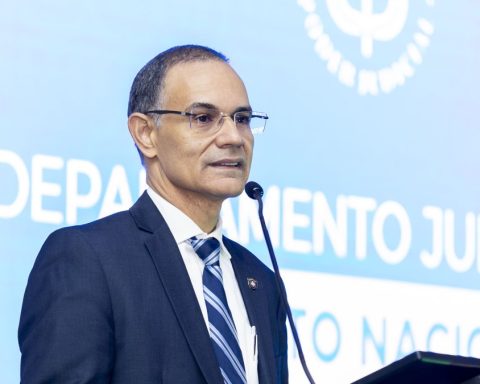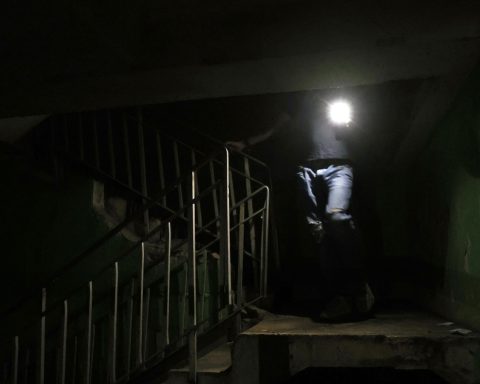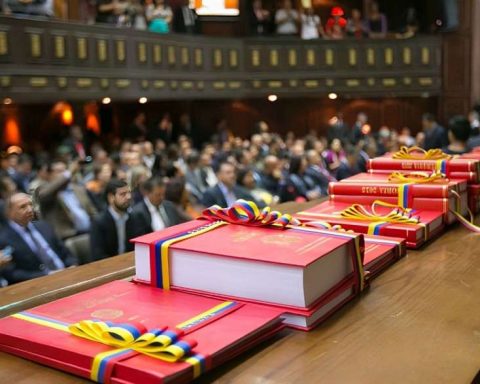Santo Domingo.- Researcher Pedro José Ortega considers that the main elements that bind Dominicans to coloniality include racial, ethnic, gender, social class and occupational components, all based on the capitalist system inherited from Europe and addressed in the book Decoloniality, emancipation and utopias in Latin America and the Caribbean.
“Decolonial criticism tends with this to the need to review the theoretical bases of the system to help us understand other viable forms that allow building more harmonious, fruitful social relations and aimed at the self-realization of the great majority. This point is indispensable”, he states.
The author explains that this work published in collaboration with Leopoldo Artiles and Carolina Armenteros deals with critical approaches little touched on in the country’s academic discussion, as a wake-up call.
He cites how one of his contributions frees science from the dogmatism that makes it an instrument of institutionalized power, to give rise to other knowledge that can also help transform society, such as traditional indigenous medicine, the solidarity economy, or the conception environmentalist “Pachamama”.
“Decolonial criticism also helps us understand the social influence acquired by the forms of power that emerge from technological development, social control based on artificial intelligence, among others. In short, it proposes the need to rethink the production of knowledge and how it helps to define an ideal of coexistence”, he sustains.
Another contribution is to help introduce decolonial reflection in the Dominican Republic, it is one of the first references published locally on this concept, with the intention of projecting it from this reality and it is a criticism of a system that limits public education and makes education more expensive. quality education, health, food, water and security.
Ortega names more negative factors such as people with jobs that do not give meaning to their lives and trends such as neoclassical, monetarist or utilitarian, which explain how the system of social relations works, without going any further.
But on the other hand, the researcher mentions the decolonial option, the post-developmentalist or the anti-utilitarian critique that explains the meaning that humans can give to life and that the capitalist system does not automatically understand.
“The third contribution leads us to imagine the future in a realistic way. Here the concept of utopia suggests an attainable ideal society, abandoning the pejorative connotation that proposed it as unreal or impossible. For example, democracy cannot continue as an electoral instrument for the exclusive benefit of investors, corporations and exclusive circles of political power”, he states.

It understands that rather, it should serve to articulate cooperation and social justice, solidarity and peace, because democracy that serves the interests of a few becomes an economic dictatorship, a fiction of political freedom for the majority.
It indicates that one of the main problems is the influence exerted by European, colonialist and imperialist nations on the territories of Latin America. The strength of that power is visible in the political constitutions, in the legal and organizational form of the institutions, in the conception of good and evil, even in artistic production.
He recognizes that in art there is a distancing, but not so in the social and political plane, where the dream of political and economic integration of Latin America, that of Simón Bolívar, José Martí, Eugenio María de Hostos and Pedro Henríquez Ureña, remains to materialize. .
Ortega warns that this change is not the exclusive task of a State, a government or a political, spiritual or religious leader, it is the responsibility of each individual. “This is why the critical perspectives we address are useful for mobilizing towards social transformation and not just for establishing abstract theoretical models of social relations.”
“From our different social conditions and knowledge, we are all essential in the creation of more harmonious, fair and possible societies for the self-realization of human beings”, he recalls.
















